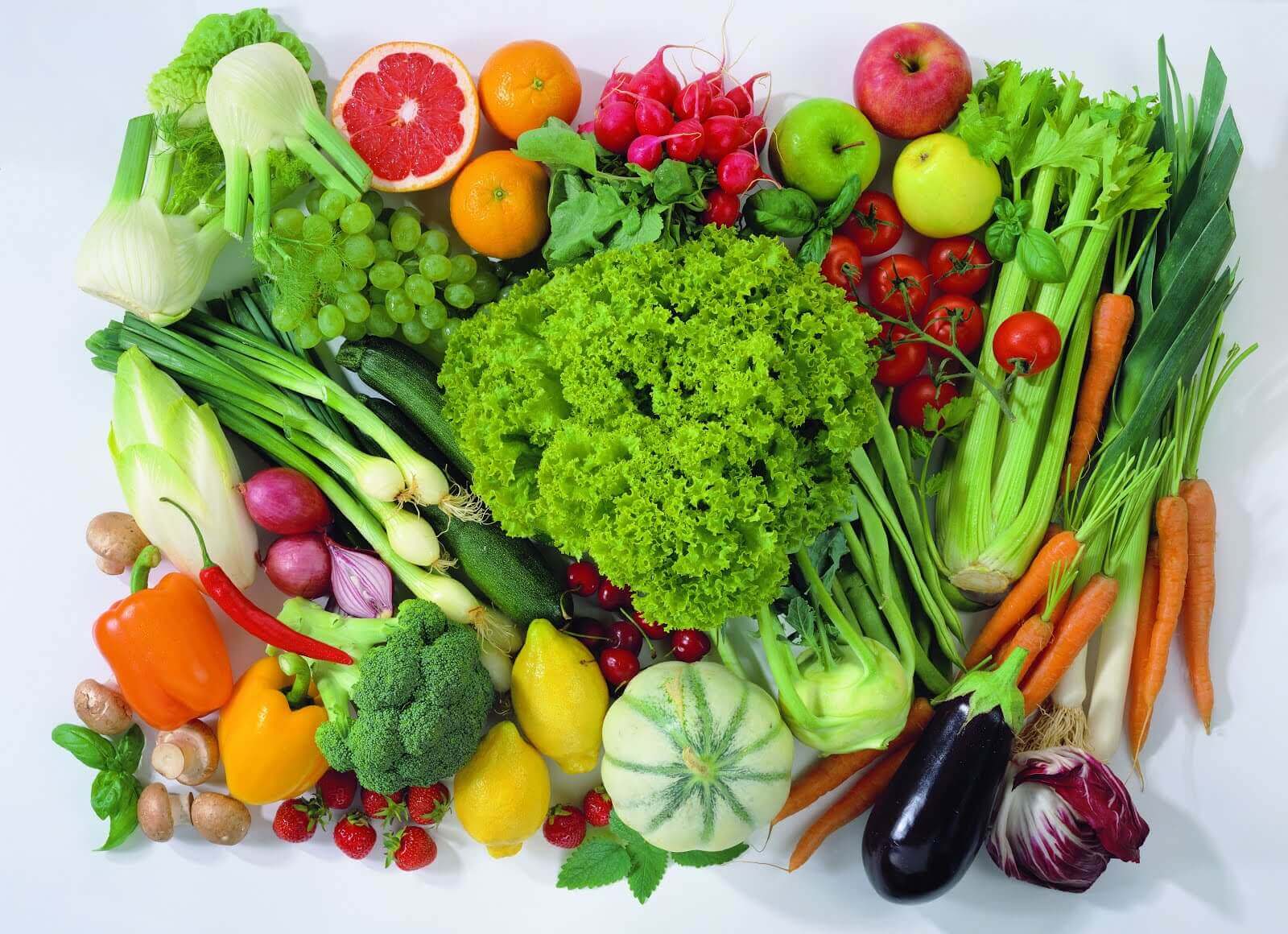Creating A Balanced Diet for Losing Weight


Written and verified by the doctor Karla Henríquez
Physical exercise and a balanced diet is crucial for maintaining a healthy lifestyle and losing weight until you reach an ideal body mass index (BMI). Continue reading this article to look at some tips to create a balanced diet for losing weight.
The basics of a balanced weight loss diet

Generally speaking, regardless of your goal, any healthy weight loss diet should cover these four principles:
Variety: your diet should include every food group because each one provides specific nutrients.
Frequency: eating on a regular basis while monitoring your portions will help you keep your hormones and energy balanced.
Moderation: again, regardless of your weight loss goal, you should focus on eating in moderation because the body has a limited amount of time to absorb and use the energy coming from nutrients. Consequently, it’s crucial to increase the frequency of each meal while decreasing the amount you eat.
Hydration: every chemical reaction regulating your metabolism needs water; therefore, you should drink water regularly throughout the day. In addition, it’s a great way to control your appetite and to make you feel full.
Read this article too:
5 Common Hydration Mistakes
Basic types of food for a balanced weight loss diet

Even though there’s no such thing as “calorie-negative” foods, if your objective is to lower your percentage of body fat, then you should prioritize eating low-calorie foods that make you feel full and provide nutrients. The following foods are good for you:
Fruit and vegetables: this type of food is low in calories but provide the most amount of vitamins and minerals.
Fish, eggs, and meat: despite containing a certain amount of fat, their amino acids content is critical for protecting tissues and ensuring the proper functioning of your metabolism.
Dried fruit and legumes: this food group is very beneficial for controlling hormonal levels since the energy they provide comes from a very high amount of essential nutrients and their absorption happens very slowly.
Rice: an important food for losing weight — especially brown rice — which can be used to prepare many healthy dishes.
This might interest you:
3 Ways to Make Homemade Rice
Foods not recommended for weight loss
Basically, this category includes foods that instantly provide a lot of energy. This is the case with refined sugar, flours, and rice in most pasta, bread, and rice plates. Soft drinks and industrial juice also belong to this category.
These products raise blood sugar levels at a very fast rate — that stimulate the production of insulin — which send sugar to your muscles. Although it seems like a good thing, it can also stimulate this kind of energy in other types of cells. One such type are adipocytes, the cells that are associated with your body’s fatty tissue.
Tricks to promote weight loss with a balanced diet
The key to losing weight is by creating a negative balance of energy. This means eating less calories than you burn, and those that you consume should come from nutritious foods.
If you don’t allow your body consume too many calories, it can backfire due to the so-called yo-yo effect. Your body protects itself from a lack of energy by storing it as fat, which means you’ll lose any progress you’ve made.
Physical exercise is an essential part of your body’s caloric expenditure. It also optimizes the use of certain nutrients. There are exercises that can help you lose weight.
Exercising on a regular basis also improves your quality of sleep and reduces stress. These advantages are directly related to effective and sustained weight loss. They reduce anxiety that you experience throughout the day.
With all of these types, you’ll be able to eat a balanced diet to successfully lose weight!
All cited sources were thoroughly reviewed by our team to ensure their quality, reliability, currency, and validity. The bibliography of this article was considered reliable and of academic or scientific accuracy.
- Franzke B., Neubauer O., Cameron Smith D., Wagner KH., Dietary protein, muscle and physical function in the very old. Nutrients, 2018.
- Stanhople KL., Sugar consumption, metabolic disease and obesity: the state of the controversy. Crit Rev Clin Lab Sci, 2016. 53 (1): 52-67.
- Christodoulides S., Dimidi E., Fragkos KC., Farmer AD., et al., Systematic review with meta analysis: effect of fibre supplementation on chronic idiopathic constipation in adults. Aliment Pharmacol Ther, 2016. 44 (2): 103-16.
This text is provided for informational purposes only and does not replace consultation with a professional. If in doubt, consult your specialist.








